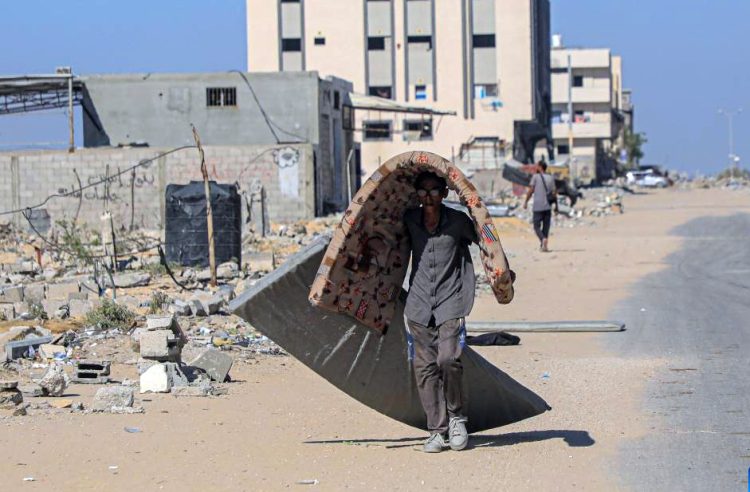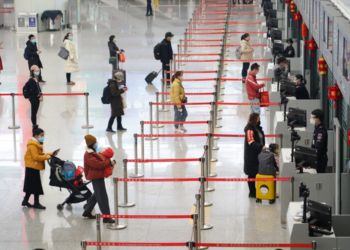Geneva: A profound economic destruction has gripped the Occupied Palestinian Territory in the aftermath of the Israeli military operation in Gaza, the UN Conference on Trade and Development (UNCTAD) said in a report released on Thursday.
The report highlighted the staggering scale of economic devastation and unprecedented decline in economic activity, far surpassing the impact of all previous military confrontations in 2008, 2012, 2014, and 2021. Inflationary pressures combined with soaring unemployment and collapsing incomes, have severely impoverished Palestinian households.
According to the report, the military operation led to unprecedented loss of life, displacement, and widespread destruction of infrastructure. By early 2024, between 80 per cent to 96 per cent of Gaza’s agricultural assets had been decimated, crippling the region’s food production capacity and worsening already high levels of food insecurity. The destruction also hit the private sector hard, with 82 per cent of businesses, a key driver of Gaza’s economy, damaged or destroyed.
Gaza’s gross domestic product (GDP) plummeted by 81 per cent in the last quarter of 2023, leading to a 22 per cent contraction for the entire year. By mid-2024 Gaza’s economy had shrunk to less than one-sixth of its 2022 level, the report noted.
Labour market conditions in the West Bank have deteriorated significantly, a total of 306,000 jobs have been lost, pushing the West Bank’s unemployment rates from 12.9 per cent before the conflict to 32 per cent, Xinhua news agency reported.
The situation in Gaza is particularly dire, with two-thirds of pre-war jobs lost by January 2024, the report said.
The report also noted that poverty has been widespread and growing in recent years. Before October 2023, 80 percent of Gaza’s population depended on international assistance. Currently, poverty affects nearly the entire population of Gaza and is rising rapidly in the West Bank.
The Palestinian government’s fiscal stability is under immense pressure, jeopardizing its ability to function effectively and provide essential services. The government’s fiscal capacity has been eroded by slow GDP growth, revenue deductions by Israel, and a sharp decline in international aid, the report said.
UNCTAD stressed in the report that prolonged occupation is a primary economic obstacle to sustainable development due to ongoing restrictions on investment, labor mobility, and trade.
The UN trade and development body called for a comprehensive recovery plan for the Occupied Palestinian Territory, increased international aid and support, release of withheld revenues and lifting the blockade on Gaza.
















